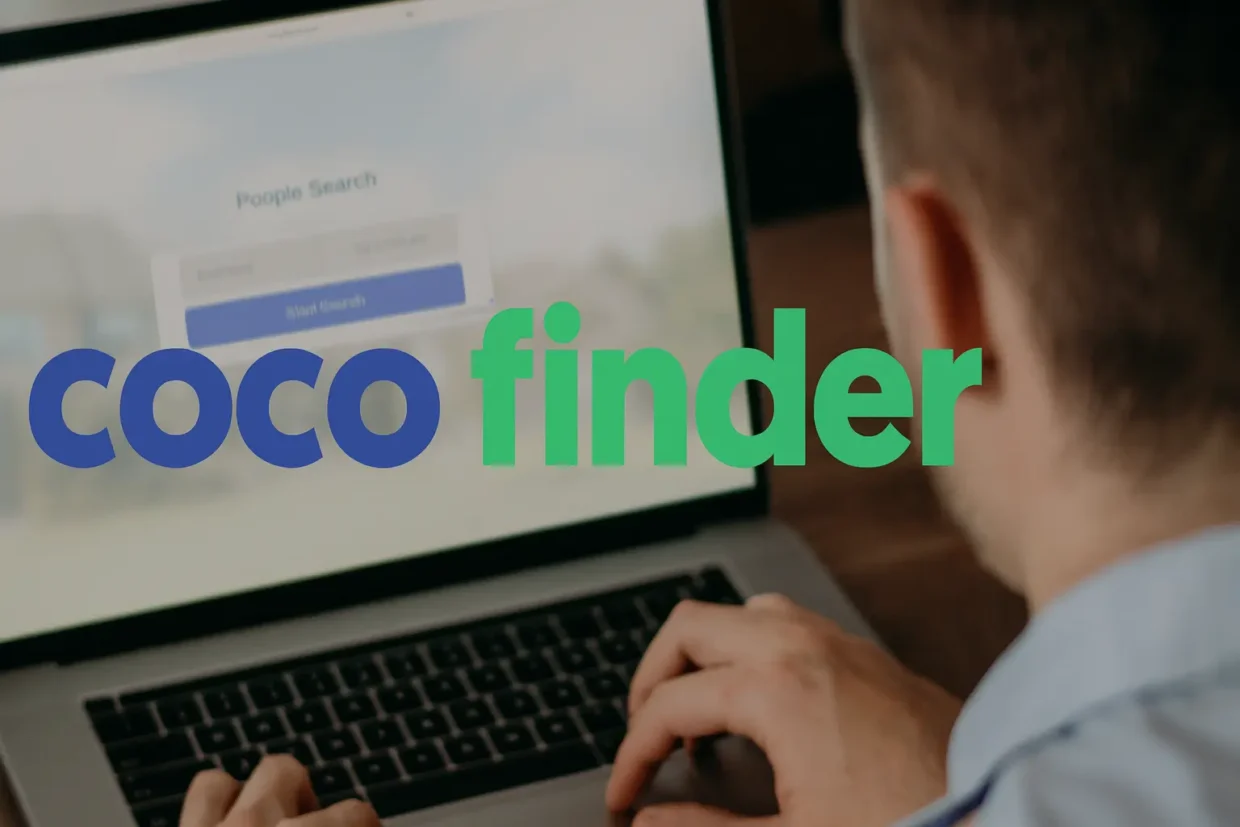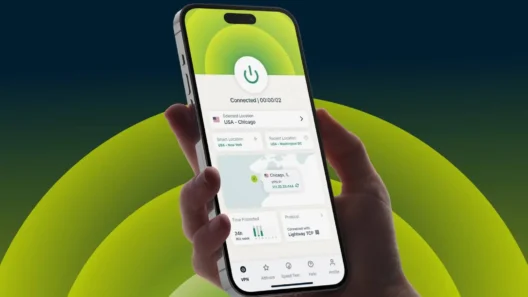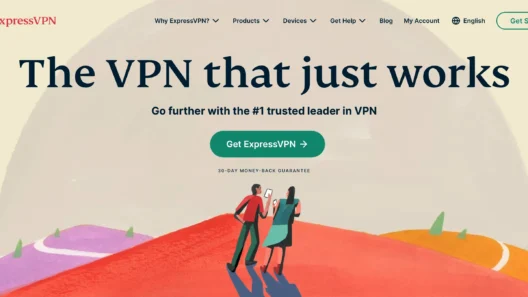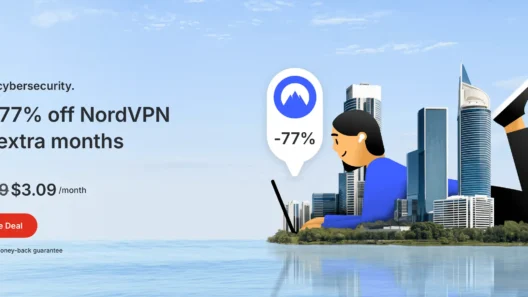Ever had the odd feeling that your personal details are out there on the internet, floating around for anyone to grab? That’s exactly what people search sites like CocoFinder are about. Without your permission, they collect, display, and sometimes even sell data about you—names, addresses, phone numbers, sometimes even details about your family or work. It’s unsettling, and it’s more common than you might think.
Let’s take a closer look at CocoFinder, the risks it poses, and—most importantly—how you can reclaim your privacy by opting out. The good news? The process is easier than you think. And if you want to take your privacy a few steps further, there are smart tools to help with that, too.
What Exactly Is CocoFinder? (And Why Should You Care?)
CocoFinder is one of those “people search” directories that dig through all kinds of public (and not-so-public) databases, then put your personal information in a single place. If you’ve never looked yourself up, prepare to be surprised.
All sorts of info can pop up: your address history, phone numbers, possible relatives, even things like court records or previous jobs.
Sites like CocoFinder aren’t alone. There are dozens of these directories—Whitepages, Spokeo, TruthFinder, and so on. The worst part? You don’t get a say in whether your details appear there. Anyone who searches your name could stumble on a virtual map of your life.
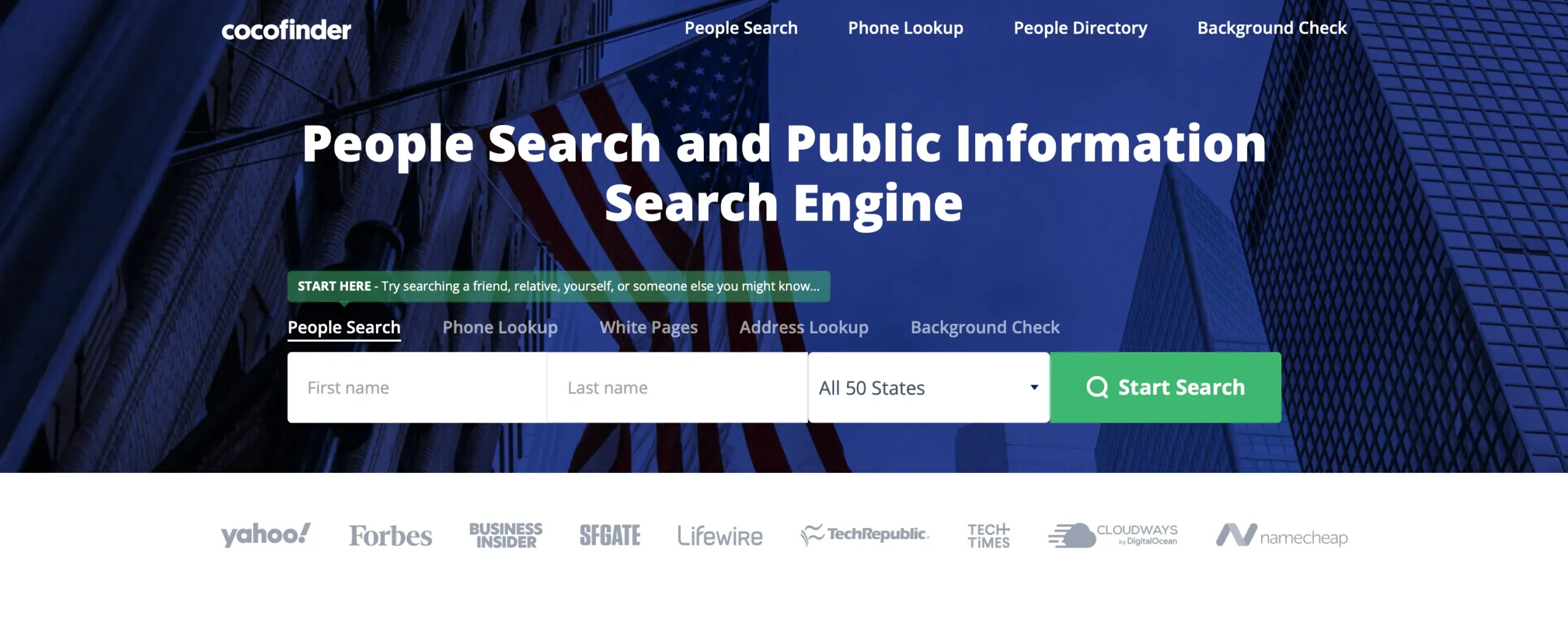
Why Is Privacy So Important in the Digital World?
Having your private details out there for everyone to see is more than just annoying. It’s risky. Identity theft, scams, unwanted marketing, or even harassment—these all become a real possibility when your data is easy to find online. Even if you’ve never had a problem, having your info on people search sites puts you at risk for:
- Identity fraud and phishing: Scammers use details from these directories to craft more convincing attacks.
- Unwanted contact: Telemarketers, recruiters, or even people from your past may use these platforms to find you.
- Social engineering: Criminals can build profiles about you and your family, making it easier to trick you or your loved ones.
For anyone who values a bit of control over their personal life, it’s essential to manage what’s out there.
The Real Risks of Having Your Data on CocoFinder
Imagine someone searching your name and getting a list of every address you’ve ever lived at, your phone numbers, maybe your relatives’ names. Sounds dramatic? Unfortunately, it’s possible—and not that rare. Here’s what can happen when your info is exposed:
- Targeted scams: The more information a scammer has, the easier it is to trick you.
- Stalking or harassment: Unwanted individuals can find out where you live or work.
- Data sold and resold: Even if you remove your info from one site, it may pop up elsewhere.
- Financial risk: Some data brokers use your info to set insurance or loan rates, sometimes in ways that aren’t in your favor.
How to Opt Out of CocoFinder: A Simple, Effective Process
Ready to get your data off CocoFinder? Here’s exactly what you need to do, step by step:
- Find Your Record
- Visit CocoFinder.com and enter your name in the search bar.
- Browse the results until you find your profile. It may take a bit of scrolling.
- Check the Details
- Click on “Check Details” next to your record to open your full profile.
- Copy the Record URL
- When your profile loads, copy the web address (URL) from your browser’s address bar. You’ll need this in the next step.
- Access the Opt-Out Form
- Head to the CocoFinder opt-out page. Click the link that says “filling out this form.”
- Fill Out the Opt-Out Request
- Paste the copied URL into the appropriate field.
- Fill out the rest of the form with your details as required.
- Double-check everything, then click “Submit.”
- Confirmation
- CocoFinder should send a confirmation or process your request within a few days. Sometimes, they’ll email you to verify—so keep an eye on your inbox.
Pro Tips to Reduce Your Digital Footprint
Getting your info off CocoFinder is a big step, but it’s only the beginning if you want true online privacy. Here are some extra tips to keep your personal data under control:
- Repeat the process on other people search sites. CocoFinder is just one of many. Try looking yourself up on Whitepages, BeenVerified, or Spokeo and use their opt-out processes as well.
- Consider using Incogni. If you’d rather not spend hours on these repetitive forms, there are privacy tools like Incogni that automate this process for you. They’ll chase down data brokers, send removal requests, and even keep going back to make sure your info doesn’t pop up again. You can currently get a 50% discount on the annual plan—so for less than a couple of coffees per month, you get real peace of mind.
- Be selective about where you share information online. Don’t fill in forms on sketchy websites, and don’t give out more than you absolutely have to.
- Monitor your online presence. Regularly Google your own name (try in “incognito” mode for best results) and check if your info has popped up anywhere new.
- Use a VPN. This helps keep your web traffic private, especially when using public Wi-Fi, so fewer companies can track you.
Why Incogni Is Worth Considering (and What Makes It Stand Out)
People search sites like CocoFinder can list information about your family, too. If you want to go beyond just your own name, Incogni offers a Family & Friends plan that protects up to 4 people. This means you can keep your loved ones’ data off the market as well.
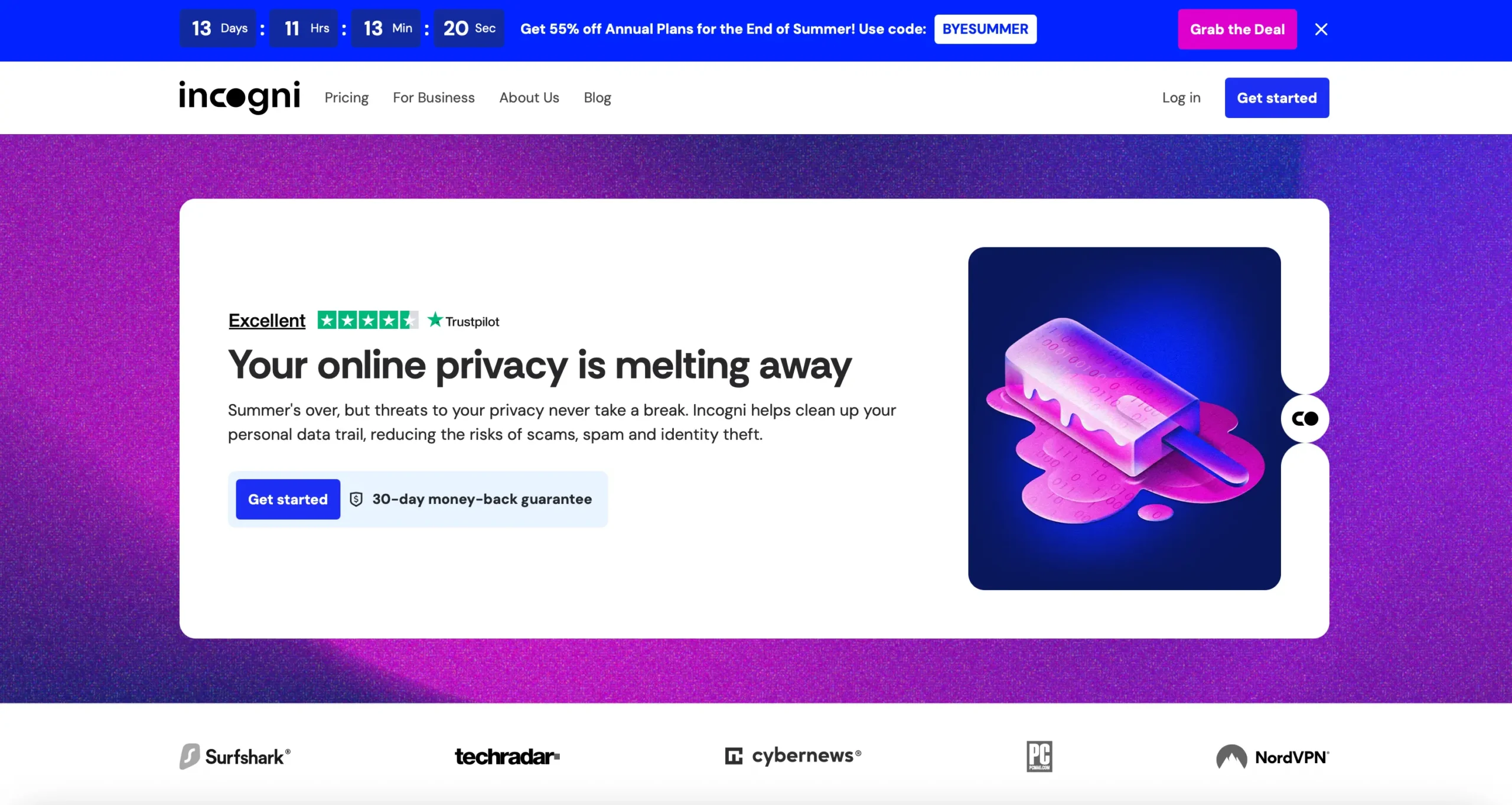
Here’s how Incogni works (and why I think it’s clever):
- You can add up to 3 phone numbers, 3 email addresses, and 3 physical addresses to help catch all the different data points tied to your identity.
- Incogni identifies which data brokers likely have your details and sends out deletion requests for you.
- The process is ongoing—not just a one-time removal. Data brokers are notorious for re-listing people’s details, so Incogni keeps up the chase on your behalf.
- You get a dashboard to monitor what’s happening—see which requests are sent, which are completed, and where your info is still out there.
- Right now, you can get 50% off an annual subscription: just $7.49/month for individuals, $16.49/month for families.
What’s at risk if you do nothing? Your details can be used for marketing, recruitment, setting insurance rates, or even scams and phishing attacks. The more your info is out there, the more you’re exposed.
Staying One Step Ahead: Keep Your Privacy in Check
Opting out of CocoFinder is one of the best moves you can make for your personal security online. But don’t stop there. Here are some final reminders:
- Keep tabs on your credit reports and bank accounts—sometimes, you’re the last to know when your data has been used for fraud.
- Update your privacy settings on social media and think twice before posting details like birthdays, addresses, or family info.
- If you receive confirmation emails about data removal, save them in a secure folder. This way, you have proof if your information shows up again.
- Make privacy a habit, not just a one-off project.
Final Thoughts
In a world where your private details can be found (and sold) with a few clicks, taking back control is empowering. Removing yourself from CocoFinder is quick, effective, and totally worth it.
If you want to go even further, tools like Incogni make it simple to guard your whole digital life—without spending hours jumping through online hoops.
You deserve privacy online. So go ahead—clean up your digital presence, take advantage of the tools that work for you, and don’t be afraid to say no when a website asks for more details than you’re comfortable sharing.








